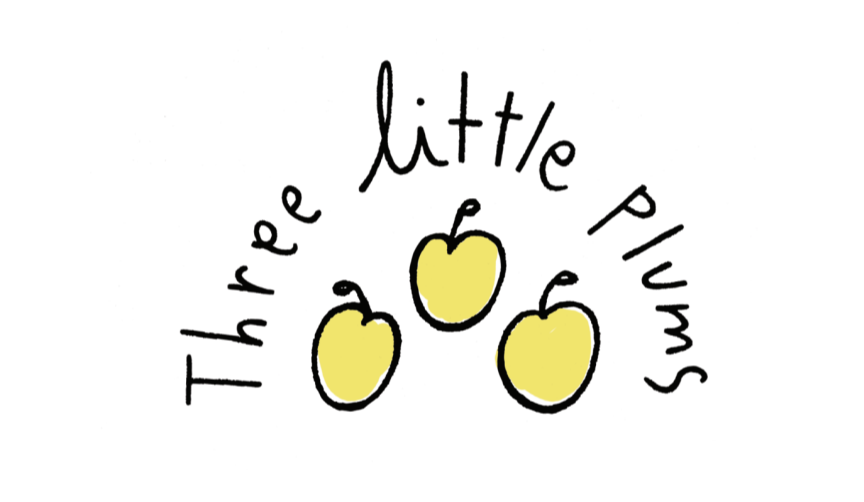Antibacterial Ingredients Banned in Soap - But They're Still in your Toothpaste, Toys, Hand Sanitizer and More

After years of debate, we can finally say bye-bye to antibacterial soap and washes.... but what about antibacterial gels and other products with similar ingredients?
This past week, the FDA announced a final rule establishing that over-the-counter antiseptic wash products that contain any of a list of 20 specifically banned ingredients, including the very popular triclosan can no longer be sold.
What is the reason for this new ban?
The FDA issued this ban after concluding that " manufacturers did not demonstrate that (these) ingredients are both safe for long-term daily use and more effective than plain soap and water in preventing illness and the spread of certain infections."
Adding to this, the director of the FDA’s Center for Drug Evaluation and Research (CDER), Janet Woodcock, M.D., said, “In fact, some data suggests that antibacterial ingredients may do more harm than good over the long-term.”
What Woodcock is alluding to are the countless studies that also show that :
triclosan and other antiseptic ingredients, might worsen the problem of antibiotic resistance.
Triclosan and similar chemicals have been found to disrupt hormones in animals which is particularly worrisome if pregnant woman or young children are using these products.
(for more on the potential health effects of antimicrobial abuse read our blog post )
According to the New York Times, "About 40 percent of soaps — including liquid hand soap and bar soap – contain the (banned) chemicals."75% of Americans have found to have triclosan (the most common of antibacterial ingredients) in their urine. It is also found in breast milk. So, while antibacterial soaps are probably partially to blame, there is a bigger problem of abuse of these chemicals in our society.
The reason? We are also exposed to these newly banned chemicals in many more daily use products, including: hand sanitizer gels, toothpaste, deodorant, mouthwash, toys, clothing, makeup, school supplies and more. And, guess what? This week's FDA ban only addresses these ingredients in antibacterial soaps, so the same ingredients are still legally allowed to be placed in other products.
What Does This Mean For Me and My Family?
First, it means you should stop buying antiseptic soap and go back to plain soap and water. While you are at it, choose body and hand soap without added synthetic fragrances. Castille soap (we love Dr. Bronner's, available at our Amazon Shop) is our favorite.
Remember: just because it is sold in stores does not make is safe. Case in point: Substitute chemicals many times are just as bad or worse than banned chemicals, so keep this in mind when you still see antibacterial soaps available in the market. Three additional ingredients that have been used to replace triclosan, (benzalkonium chloride, benzethonium chloride and chloroxylenol (PCMX) , are not included in the ban and will still be available in stores this year as they are still being studied.
What about Hand Sanitizers and other products that claim to be antibacterial ?
This final rule applies only to antiseptic wash products (ie: soaps)- meant to be used with water and rinsed off. It does not include hand sanitizers or antibacterial products used in health care settings.
However, considering this week's ban, and data suggesting that antibacterial ingredients can actually do more harm than good over the long-term, I think it is prudent to stop - or at least reduce- using hand sanitizers (and all other products) that use these same ingredients.
Especially for daily use.
Especially for daily use in preschool/ school settings
Especially for young kids at the park.
There are safer hand sanitizer that do not use these ingredients (we have our favorites available at our new Amazon Shop). So, while washing with soap and water is still best, when this is not available choose alcohol based sanitizers with at least 60% alcohol in the ingredients.
A good rule of thumb?
Generally speaking, I recommend, when buying daily use products for your family, just avoid anything labelled as "antibacterial" with these ingredients. They are important chemicals that can be beneficial when used in hospital settings but, when safer alternatives are available for daily use- why not use those instead??
